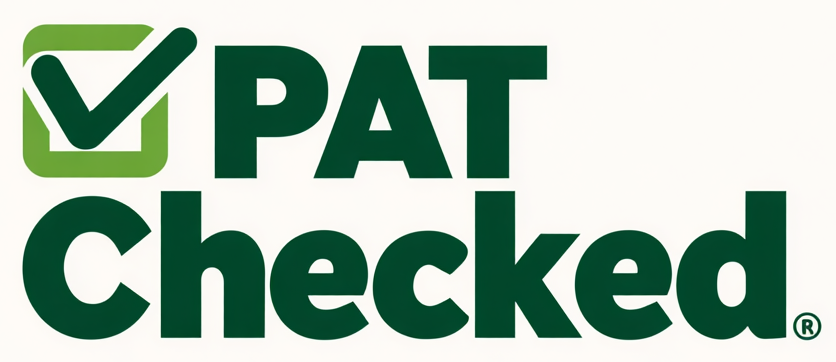When it comes to workplace safety, electrical equipment plays a major role. Portable Appliance Testing (PAT testing) is one of the most effective ways to make sure the devices you use every day are safe, compliant, and reliable. But one common question businesses, landlords, and even individuals ask is: “Who actually needs PAT testing?”
Let’s break it down.
What Is PAT Testing?
PAT testing is the process of checking electrical appliances to ensure they’re safe to use. It involves both visual inspections and electrical testing using specialist equipment. This helps identify potential hazards like faulty wiring, damaged plugs, or insulation issues before they can cause harm.
Who Legally Needs PAT Testing?
There’s no single law in the UK that says “you must PAT test,” but several health and safety regulations—such as the Electricity at Work Regulations 1989—require that electrical equipment be kept safe. PAT testing is the most practical way to meet that responsibility.
Here’s who commonly needs it:
1. Employers and Businesses
- Offices, warehouses, retail shops, and factories all use electrical equipment every day.
- Employers are legally obliged to ensure staff and visitors aren’t exposed to unsafe appliances.
- Computers, kettles, printers, extension leads—all fall under PAT testing.
2. Landlords and Letting Agents
- Providing safe electrical appliances is a landlord’s duty.
- Items like washing machines, fridges, and microwaves in furnished rental properties should be tested.
- PAT testing provides evidence of due diligence if issues arise.
3. Self-Employed and Contractors
- If you’re a tradesperson, DJ, or mobile hairdresser, you’re responsible for the equipment you bring into clients’ homes or venues.
- PAT testing shows professionalism and ensures you don’t put clients at risk.
4. Schools, Colleges, and Universities
- Educational institutions rely on electrical equipment, from projectors to kitchen appliances.
- With high usage and lots of users, regular PAT testing is essential.
5. Hotels, B&Bs, and Hospitality Businesses
- Guests trust that the appliances they use are safe.
- Hairdryers, kettles, and TVs in rooms all need regular checks.
6. Event Organisers and Venues
- Most venues require proof of PAT testing before allowing equipment on-site.
- Musicians, performers, and event companies are usually asked for a PAT certificate.
Why It Matters
PAT testing isn’t just about compliance—it’s about safety, reputation, and peace of mind. Electrical accidents can cause fires, injuries, and costly downtime. A simple PAT test reduces those risks dramatically.
Final Thoughts
So, who needs PAT testing?
- Employers
- Landlords
- Contractors
- Schools
- Hospitality businesses
- Event organisers
In short—anyone responsible for electrical appliances that others might use.
It’s a small investment in safety that can save lives, protect property, and keep you compliant with the law.
